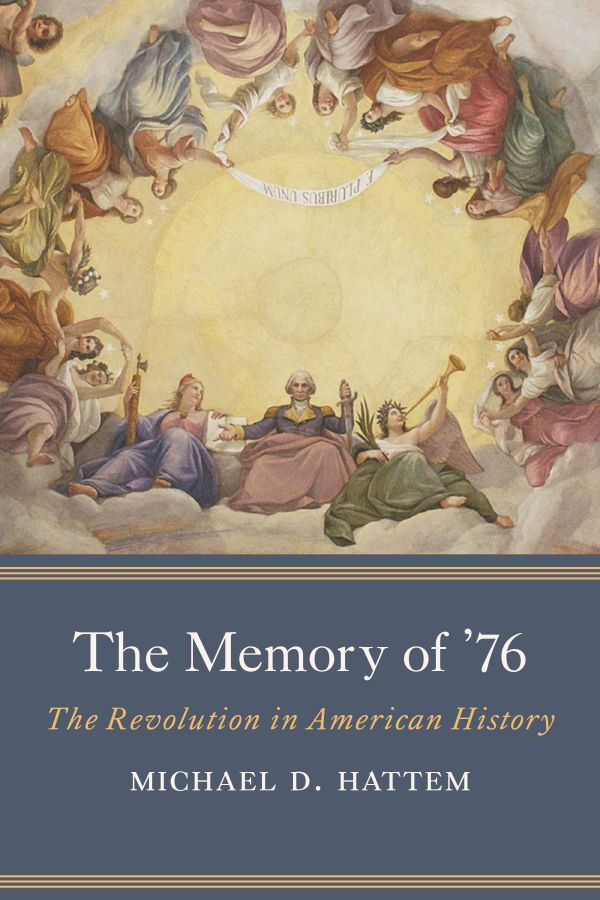Inspiration in Education: A Conversation with Julia Miller Everyday Hometown Hero, Teacher of the Year at New Haven Museum
- New Haven Museum
- Nov 26, 2024
- 3 min read

New Haven, Conn. (November 25, 2023) – Julia Miller knows first-hand the challenges faced by New Haven Schools. A proud Elm City native, teacher, parent and alumna, she fully understands that student learning, growth, and mastery of skills and content are what’s important, not random numbers. Miller will be joined by Inner City News Editor and WNNH host, Babz Rawls-Ivy, for “Inspiration in Education: A Conversation with Julia Miller,” on Wednesday, December 11, 2024, at 6 p.m., immediately following the Annual Meeting of the New Haven Museum Board of Directors at 5:30 p.m. A reception will follow. Register here. The free event will also stream on FB Live.
Despite the challenges, Miller taps a wellspring of inspiration for her work: in her students, colleagues and community. “I love New Haven,” says Miller, the New Haven Public Schools 2024 Teacher of the Year and the 2025 Connecticut Teacher of the Year. She notes her deep New Haven pride, especially in its public schools. “I started my teaching career in Brooklyn, New York, and moved back to New Haven to raise my kids in this incredible vibrant community like no other and have them attend New Haven public schools.”
“Growing up in New Haven made me who I am and is what led me to become an educator teaching in my hometown,” Miller says. She attended a small, integrated K-8 magnet school in New Haven, where themes of diversity, parent involvement, and community drove the school, students felt supported, and creativity was nurtured.
In high school, however, Miller encountered a different reality. As a white, middle-class student in the honors track at a large, comprehensive high school in the district, she quickly discovered she had different opportunities available to her than many of her peers. She learned that even those opportunities paled in comparison to the resources suburban students had at their disposal. “I knew I wanted to dedicate my life to tackling these inequities and making sure young people’s needs were met,” she says.
As an education and civics teacher, student-council advisor, and restorative-justice instructor at Metropolitan Business Academy in New Haven, Miller imparts to her students a deep understanding of the power of their voices to make change. “I want my students to be informed so that they can be empowered to make the changes they want to see in society,” she says. “I try to help them learn how to analyze sources, think critically, and make applications to their lives and the world around them. I want them to be engaged and practitioners of their learning.”
Of similar mind, moderator Rawls-Ivy says her motivation for taking part in the discussion can be summarized by a quote from Marian Wright Edelman, the activist for civil rights and children's rights and founder of the Children's Defense Fund. “I, like Edelman, believe, ‘When I fight about what is going on in the neighborhood, or when I fight about what is happening to other people's children, I'm doing that because I want to leave a community and a world that is better than the one I found.’"
Miller notes her high school alma mater today is doing incredible work but is still severely underfunded and over-enrolled, trying its best to provide for all its students, including the hundreds of newcomers who come to the city for refuge and opportunities each year. “We need to fully and fairly fund our schools so that every student has what they need, so that students receive the services they need and the resources they so deeply deserve, no matter their zip code.”
Acknowledging the value of incorporating history into the curriculum, Miller notes that although she teaches civics, she grounds it very much in history. “You can’t make the changes you want to see if you don’t understand what happened before,” she says. For example, the final exit task in her civics class is a social-movements research paper in which students choose a movement from the 1960s/1970s to research, evaluate its impact and make important connections to today.
Miller is excited to be bring her civics classes to the New Haven Museum this year to view the Shining Light on Truth exhibit and the new Amistad exhibit. “We began the year exploring and interrogating monuments with New Haven specific examples: the Columbus statues coming down, the William Lanson statue going up,” she says. She adds, “Our school (Metro) is two blocks away from the site of where the proposed 1831 Black college would have been, and I’m excited to have students think about how they could make a monument to what could have been, a historical marker for this until recently mostly untold story, and perhaps a call to action!”



Comments